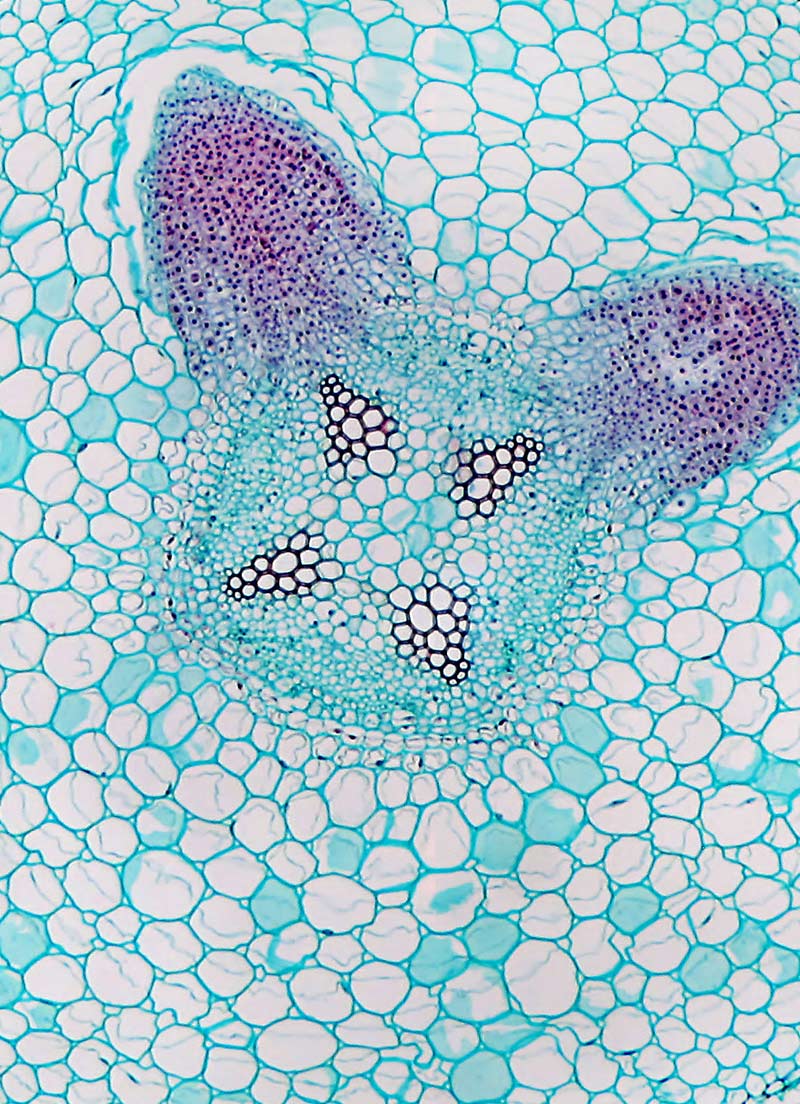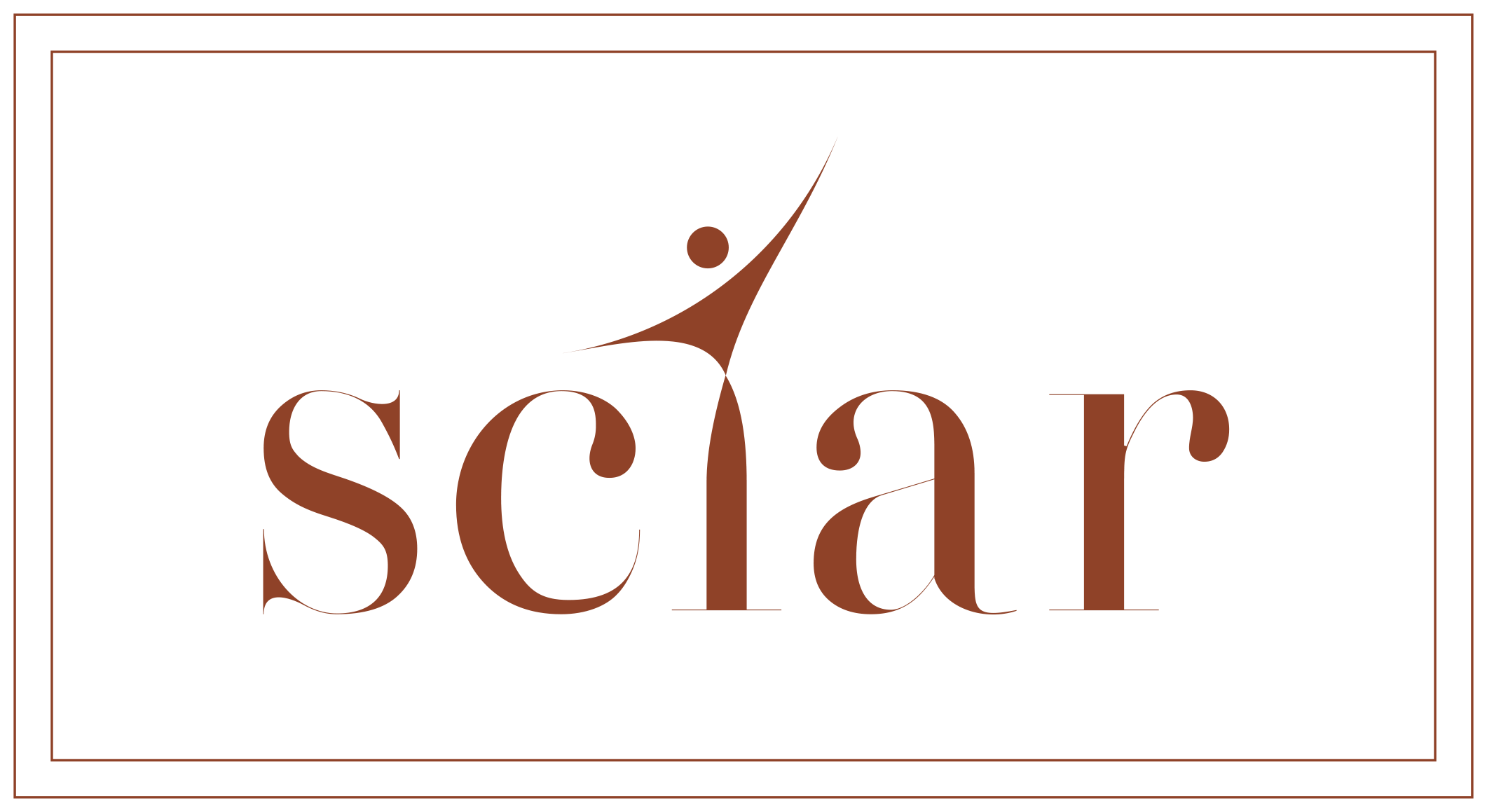

The importance of Collagen for Health and Wellness
Introduction
Collagen is a fundamental protein for our body, essential for the health of the skin, joints, hair and nails. As we age, collagen production decreases, leading to various signs of aging and health problems. In this article, we will explore the importance of collagen and how you can support its production through diet and supplements.
What is Collagen?
Collagen is the most abundant protein in the human body, accounting for approximately 30% of total protein. It is a key structural component of skin, tendons, ligaments, muscles and bones. There are several types of collagen, but the most common are types I, II, and III, which are found in the skin, joints, and connective tissues, respectively.
Benefits of Collagen
1. Skin health
One of the best-known benefits of collagen is its effect on the skin. Collagen keeps skin elastic, hydrated and wrinkle-free. With age, collagen production decreases, causing the appearance of wrinkles and loss of elasticity. Studies have shown that taking collagen supplements and skin products based on collagen can improve elasticity
2. Joint health
Collagen is an essential component of cartilage, which acts as cushions between bones. Decreased collagen can lead to joint pain and conditions such as osteoarthritis. Collagen supplements can help keep joints healthy and reduce pain associated with these conditions.
3. Hair and nails
Collagen is also important for the growth and strength of hair and nails. Adequate collagen production can prevent nail breakage and hair loss, improving overall hair health
4. Bone Health
Collagen makes up a significant part of the bone structure. With age, bone density may decrease, increasing the risk of fractures. Collagen helps keep bones strong and resilient


Sources of Collagen
1. Foods Rich in Collagen
Collagen-rich foods include bone broth, beef, chicken, fish, and gelatin. Consuming these foods can help maintain adequate levels of collagen in the body.
2. Collagen supplements
Collagen supplements are available in several forms, including powders, capsules, and drinks. These supplements can be derived from various sources, such as cattle, fish or poultry, and are often hydrolyzed to improve absorption.
3. Nutrients for Collagen Synthesis
Collagen synthesis requires various nutrients, including vitamin C, zinc and copper. Making sure you have a diet rich in fruits, vegetables, nuts and seeds can support natural collagen production.
4. Factors That Reduce Collagen
Some factors can accelerate collagen degradation, including:
- Exposure to UV rays: The sun’s ultraviolet rays can damage the collagen in your skin.
- Smoking: Cigarette smoking reduces collagen production and damages the skin.
- High Sugar Diet: Excessive sugar intake can inhibit collagen’s ability to repair itself.
Conclusion
Collagen plays a crucial role in maintaining the health and well-being of the body. From skin and joints to hair and bones, collagen is critical to the structure and function of tissues. Maintaining a balanced diet, avoiding harmful factors and considering the use of collagen skin care products and supplements can help preserve levels of this important protein. Start taking care of your collagen today to enjoy optimal long-term health.
Related articles


